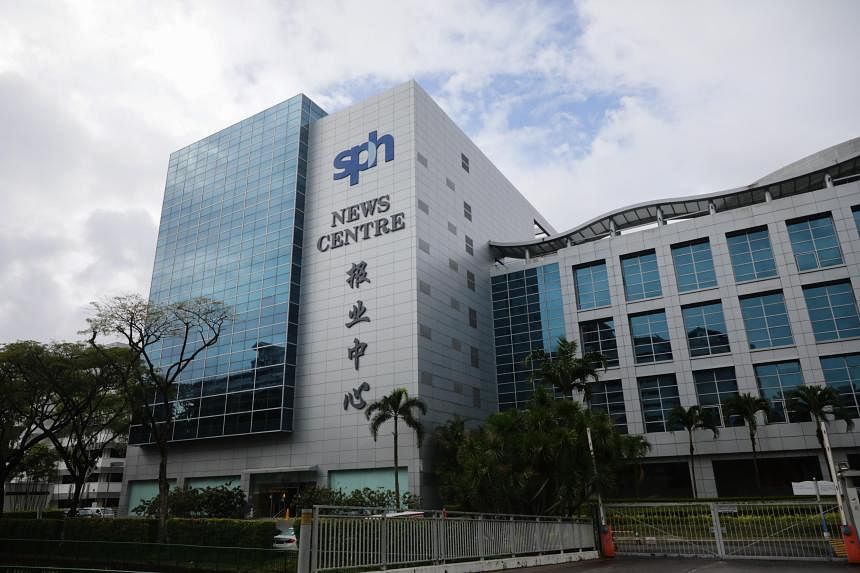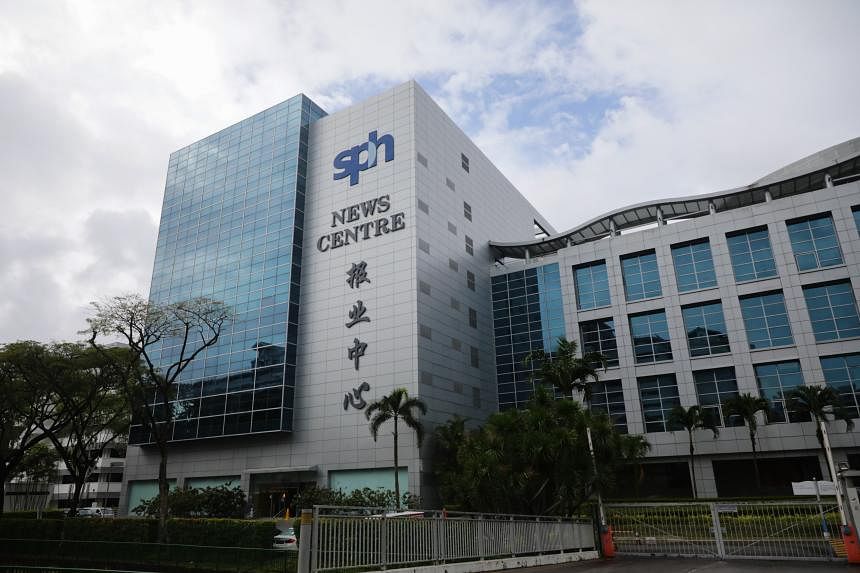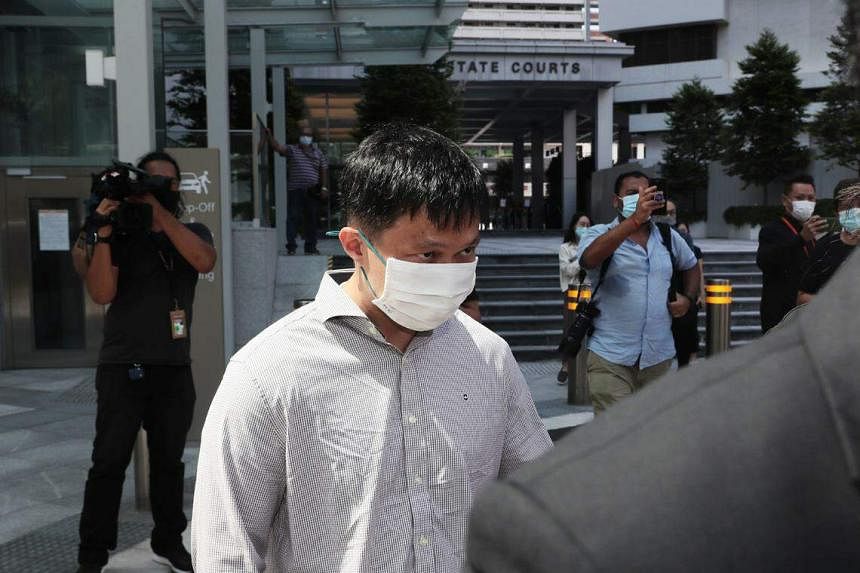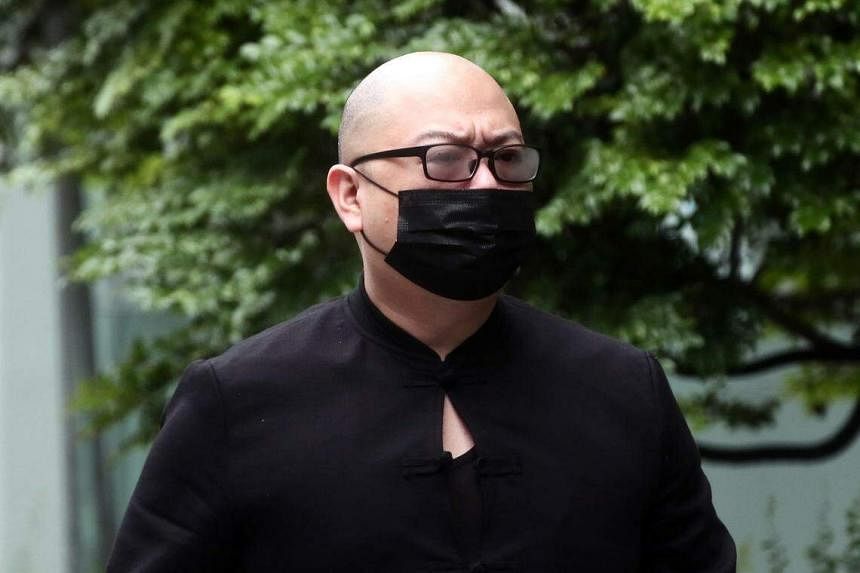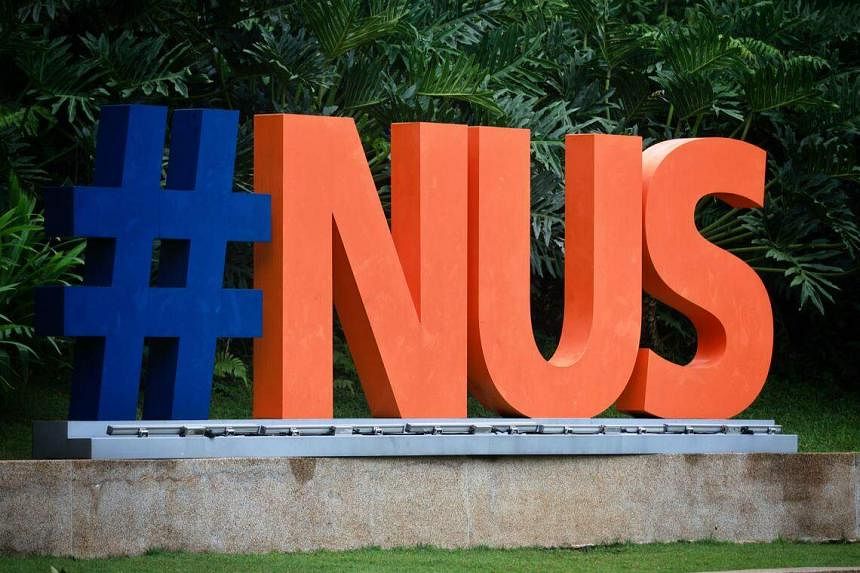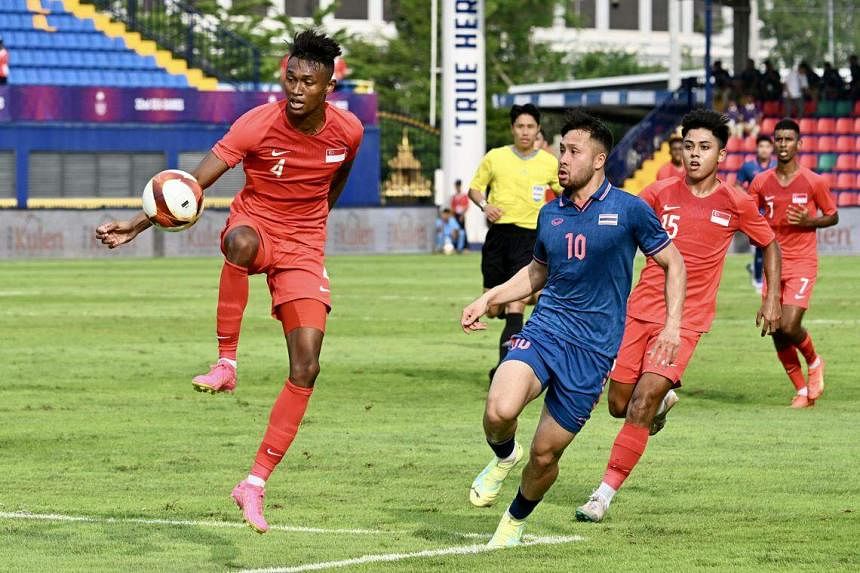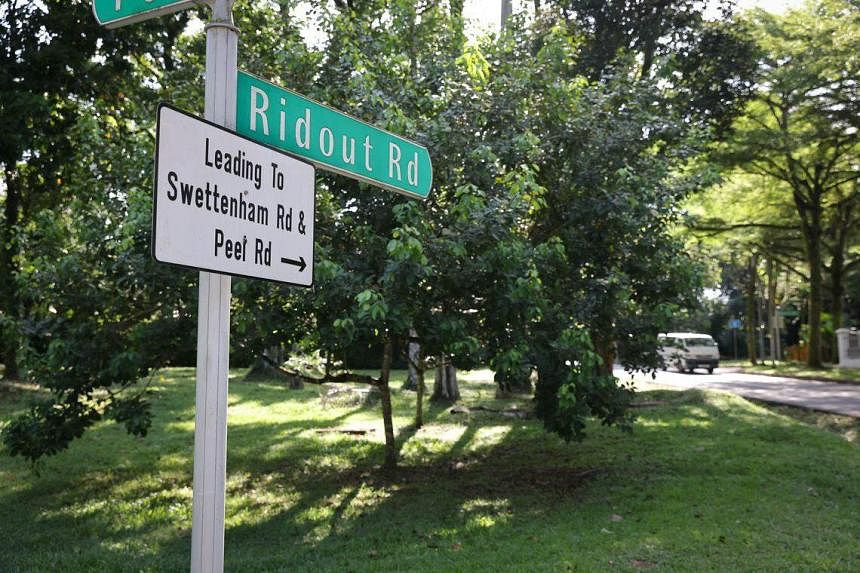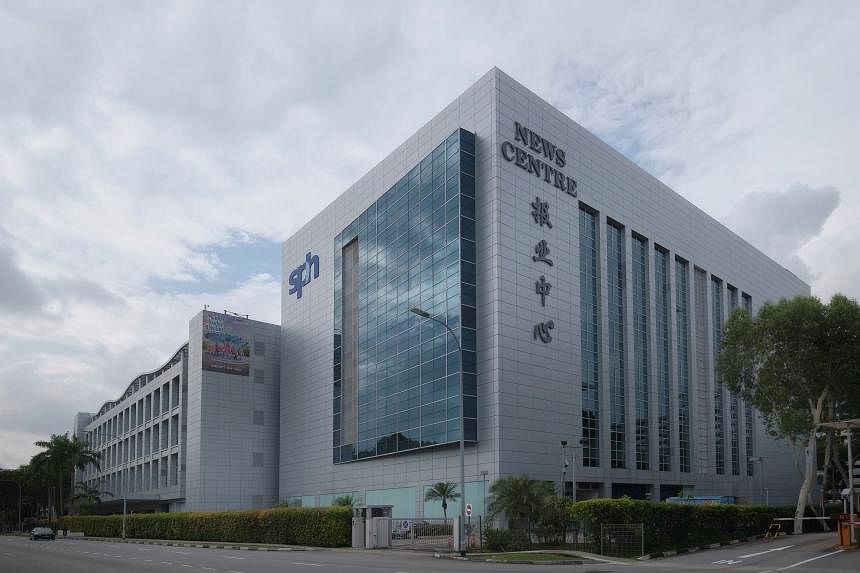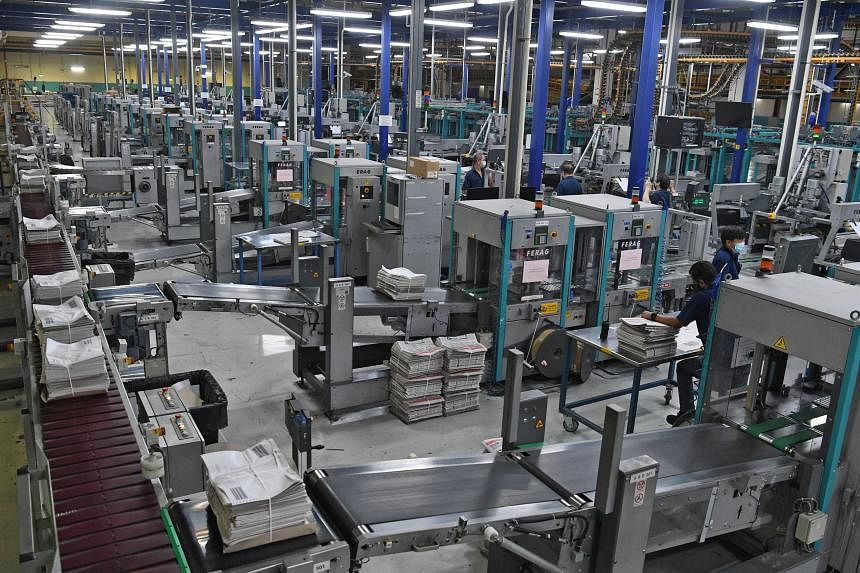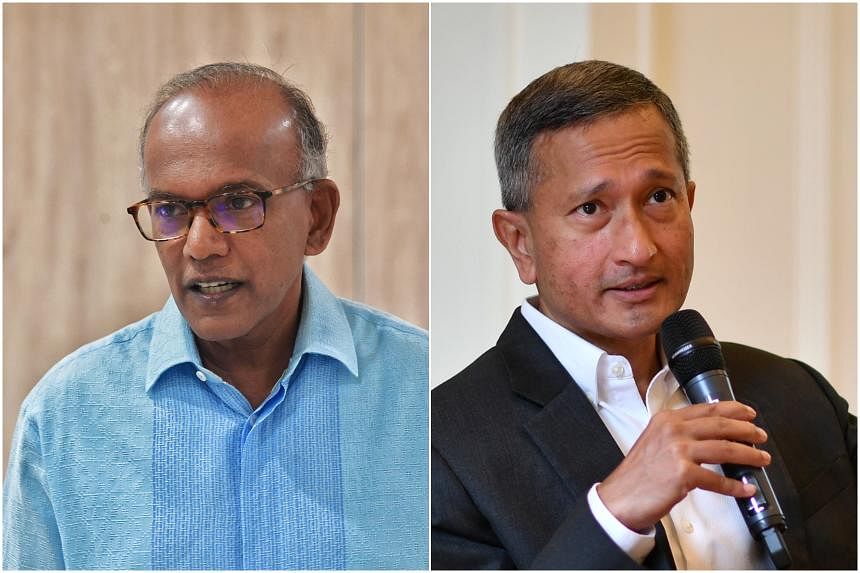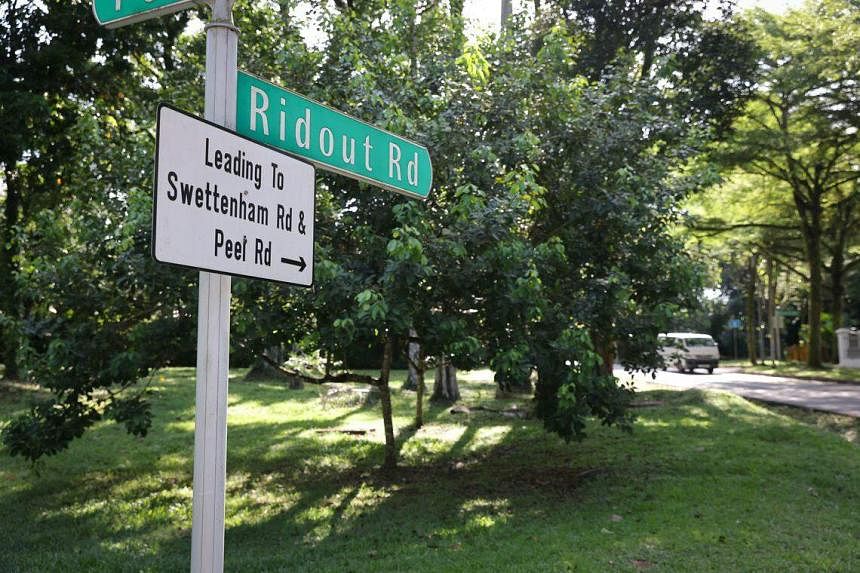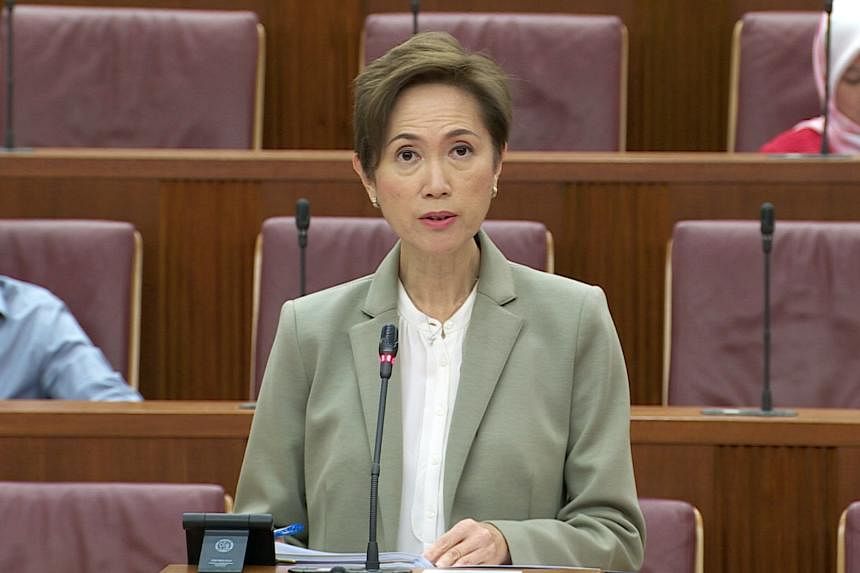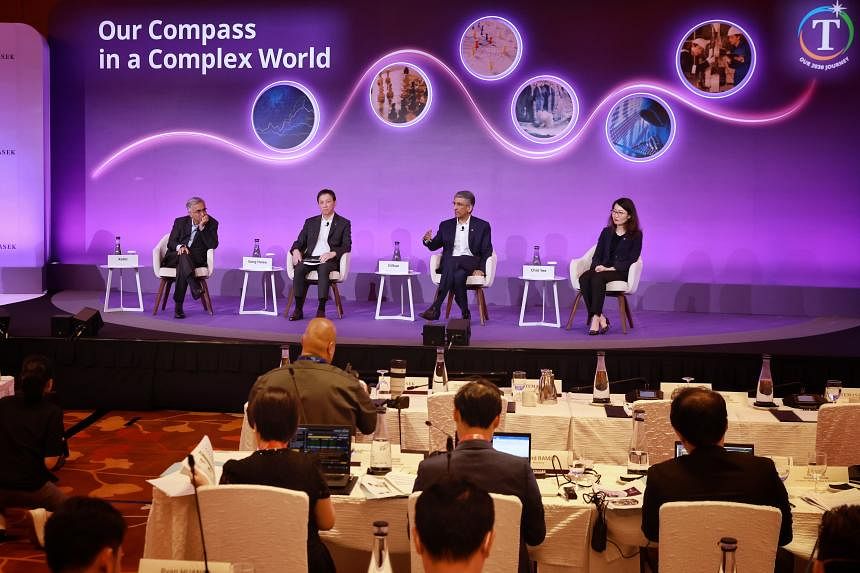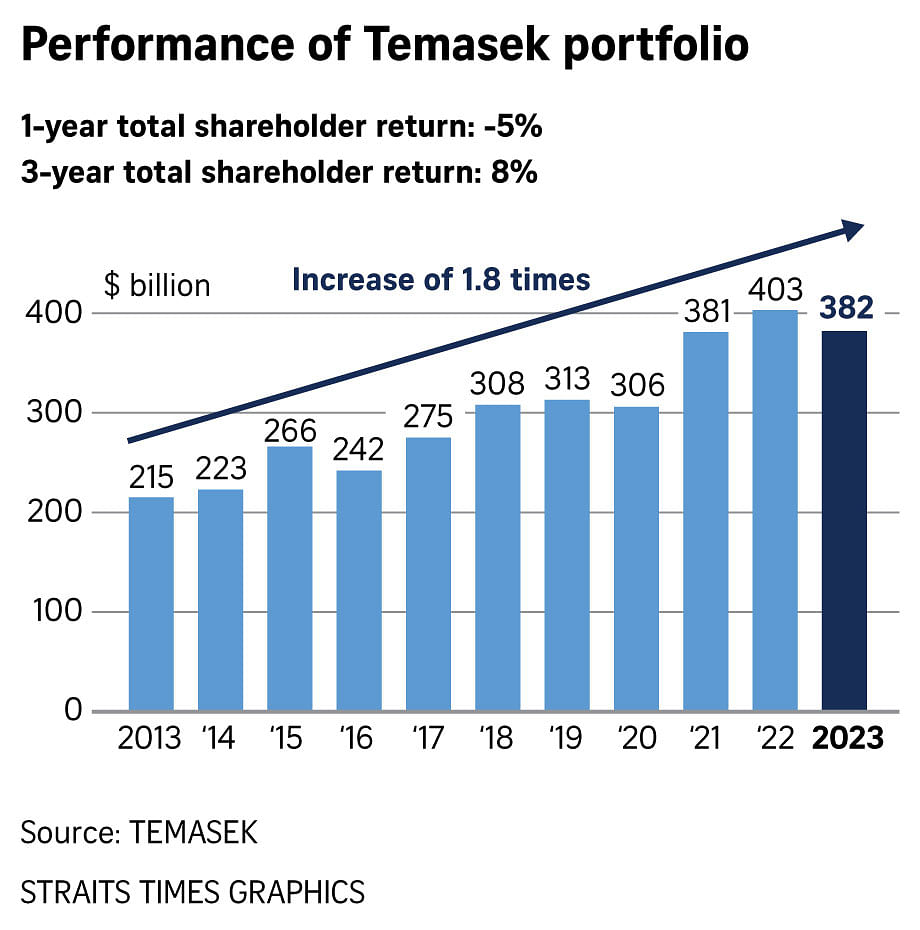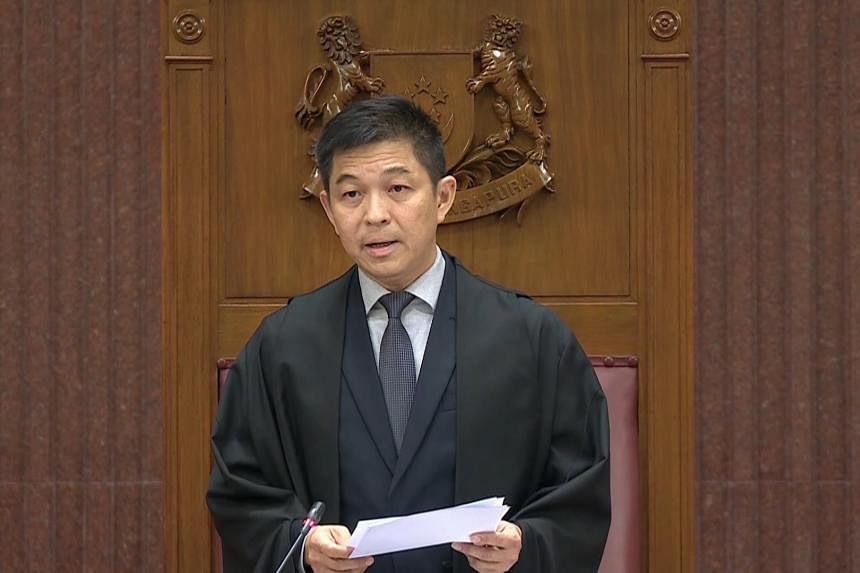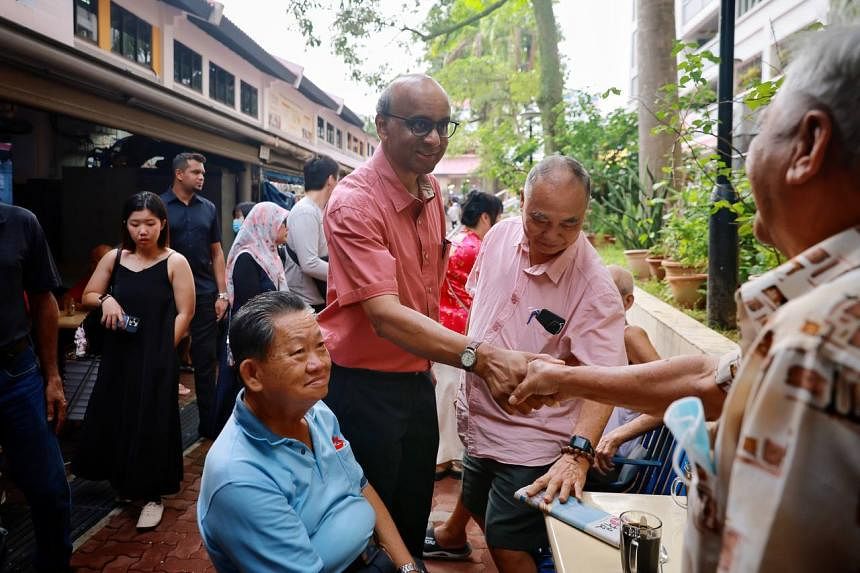Ridout Road bungalow rentals: CPIB finds no corruption or wrongdoing by Shanmugam, Vivian
CPIB said it found that no preferential treatment was given to ministers K. Shanmugam (left) and Vivian Balakrishnan and their spouses in the rental transactions. PHOTOS: ST FILE
Grace Ho
Deputy News Editor
June 23, 2023
SINGAPORE – A Corrupt Practices Investigation Bureau (CPIB) probe, ordered by Prime Minister Lee Hsien Loong, has found no evidence of corruption or criminal wrongdoing in the rentals of Ridout Road state properties by ministers K. Shanmugam and Vivian Balakrishnan.
The CPIB’s findings were submitted to Parliament on Wednesday afternoon by PM Lee, together with a report of
a review he had asked Senior Minister Teo Chee Hean to conduct.
In its report to PM Lee, CPIB said it also found no preferential treatment given to the ministers and their spouses, and no disclosure of privileged information in the process of the rental transactions involving two black-and-white bungalows.
“There was no evidence to suggest any abuse of position by the ministers for personal gain,” said the CPIB, whose involvement in the matter was publicly disclosed for the first time on Wednesday.
The bureau had been directed by PM Lee to investigate the matter, as it reports directly to the prime minister and has the necessary powers to ascertain any corruption or criminal wrongdoing.
But CPIB discovered a “lack of precision” in the Singapore Land Authority’s (SLA) use of the term “guide rent” with respect to 26 Ridout Road, which was rented by Mr Shanmugam, who is Minister for Law and Home Affairs.
Thus,
an earlier statement SLA made on May 12, saying the offer by Mr Shanmugam was above the guide rent, was incorrect.
“In fact, the rental Minister Shanmugam paid was equal to the correct guide rent on the property,” CPIB said in its report.
It found that the issue did not result from ill intent on the part of any SLA officers involved, and it found no evidence of any intentional abuse of position in the valuation.
A separate report by Mr Teo concluded that both ministers, and the public officers and private sector intermediaries involved, had conducted themselves properly in the two transactions.
“There was no abuse of power or conflict of interest resulting in the ministers gaining any unfair advantage or privilege,” the report said.
“Furthermore, the process of renting out the two properties did not deviate from the prevailing SLA guidelines and approaches in renting out black-and-white bungalows for residential purposes.”
The Attorney-General’s Chambers has agreed with the findings and recommendations, and directed that no further action be taken as the facts did not disclose any offence. The investigation into the matter is closed.
PM Lee has accepted the two reports, and ordered that they be published and tabled in Parliament as a miscellaneous paper. The relevant parliamentary questions on the matter will be addressed next Monday.
The reports by CPIB and Senior Minister Teo Chee Hean on the property rentals will be published and tabled in Parliament as a miscellaneous paper. PHOTO: ST FILE
26 Ridout Road
The reports noted that the property, with an original land size of 9,350 sq m, had been vacant since December 2013.
In January 2017, Mr Shanmugam asked the then deputy secretary (DS) at the Ministry of Law (MinLaw) for a list of a few properties available to the public to rent. Those he visited all had a “for lease” sign displayed prominently at the gates.
A year later, in January 2018, he appointed a property agent to represent him for the rental transaction. By then, 26 Ridout Road had been vacant without attracting any bids for more than four years.
During a site visit, Mr Shanmugam noticed thick and overgrown vegetation on an empty plot of land adjacent to the property. He expressed concern to SLA that this could pose public health and safety risks as there could be snakes, fallen trees and mosquitoes among such overgrown vegetation.
Mr Shanmugam did not want the adjacent land, and offered to maintain it at his own cost. But he preferred to exclude the adjacent land from the tenancy, as there would be legal obligations attached to including this land.
SLA’s view was that the tenant’s responsibility should not extend to maintaining the area beyond the property boundary.
Thus, if Mr Shanmugam were to maintain the adjacent land at his own cost, the piece of land would have to be included in the tenancy of the property. This would make it clear that the tenant, rather than SLA, would bear the legal obligations and cost of maintaining the land.
SLA then fenced the adjacent land within the property boundary, bringing the land size to 23,164 sq m.
The cost of site clearance, replanting of greenery and fencing was $172,000 – a sum initially borne by SLA and subsequently to be recovered from the tenant’s rent.
Separately, SLA also undertook essential repair works for the property that cost $515,400. As the landlord, it is SLA’s responsibility to ensure that the property is habitable, said the report.
Mr Shanmugam himself paid $61,400 to build the car porch. He also stated in his interview with CPIB that he paid more than $400,000 for additional improvement works not covered by SLA’s restoration works.
He signed the tenancy agreement of 3+3+3 years in June 2018.
After the first three-year term, it was renewed in June 2021 for a second three-year term, with the rental maintained at $26,500 a month as determined by SLA, considering the prevailing market conditions then.
But CPIB discovered a lack of precision in SLA’s use of the term “guide rent”, which is intended to be the minimum rental to be achieved.
SLA had originally assessed the guide rent to be $24,500. Its rationale was that on top of $24,500, it intended to charge the tenant another $2,000 to recover the amortised cost of works to clear and incorporate the adjacent land.
This would bring the total minimum rental to the correct value of $26,500.
31 Ridout Road
The property had been vacant for five years before two unsuccessful bids were made below the prevailing guide rent – $12,000 in July 2018 and $5,000 in August 2018.
Dr Balakrishnan’s wife Joy had seen a “for lease” sign at 31 Ridout Road. She contacted the SLA’s appointed managing agent (MA) on Sept 11, 2018, and the MA named an asking rent of $19,000.
The SLA’s leasing department accepted the lease proposal because the final secured rent of $19,000 was not below the prevailing guide rent of $18,800.
Dr Balakrishnan, who is Minister for Foreign Affairs, said in his interview with CPIB that he paid more than $200,000 for additional improvement works to the state property.
The tenancy agreement for 3+2+2 years was signed by Mrs Balakrishnan in October 2019.
The tenancy was granted upfront, as Mrs Balakrishnan had committed to undertake improvement works totalling more than $200,000.
After the first three-year term, she requested and was granted a renewal of another term of 3+2 years.
The rental for the second term was increased to $20,000 a month, taking into consideration the prevailing market conditions in 2022.
SM Teo’s report
Mr Teo’s report, which was intended to address wider potential process or policy issues beyond the scope of CPIB’s investigations, noted that such properties are mainly rented out through open bidding or direct tenancy.
State properties with low demand, like 26 and 31 Ridout Road in 2018 and 2019, were leased via direct tenancy. This meant that the prospective tenant would be considered if the submitted bid was not below the guide rent, and the tenant met the stipulated financial and letting criteria.
The report noted that as Mr Shanmugam is the Law Minister, and MinLaw oversees SLA, a conflict of interest could have arisen if he had remained in the chain of command exercising authority over the renting out of 26 Ridout Road.
“However, Minister Shanmugam had removed himself from the chain of command and decision-making process. (He had) informed the then DS/MinLaw that he would recuse himself of any discussion related to the rental of the property,” the report stated.
“Minister Shanmugam also instructed him to approach the then Senior Minister of State in MinLaw, Indranee Rajah, in the event any matter had to be referred to the Minister.”
Mr Shanmugam, it added, also informed Mr Teo that if the matter had to go beyond Ms Indranee, she would approach Mr Teo.
There was no matter raised by SLA to MinLaw during the entire process, it noted.
“Minister Shanmugam had thus recognised the potential conflict of interest, duly declared it to SM Teo, and taken effective steps to eliminate this potential conflict and to prevent any actual conflict from arising.”
As for 31 Ridout Road, there was no conflict of interest because Dr Balakrishnan’s responsibilities did not include SLA.
CPIB also noted that no preferential treatment was given in the process of the rental transaction.
On whether the ministers benefited from any privileged information, CPIB pointed out that the lease availability of both properties at the time was made known to the public.
Both had advertisement signs displayed prominently at the gates, and No. 31 was listed on the State Property Information Online website.
On whether the ministers benefited unfairly from favourable rental rates, in 2018, the rental per floor unit area for No. 26 was $30.94 per sq m per month.
This was comparable to that of other Ridout estate properties, ranging from $26 to $33 per sq m per month.
The rate for No. 31 was $23.05 per sq m per month, slightly lower than the $25 to $33.33 per sq m per month for other Ridout estate properties in 2019.
But this was due to the condition of the property, and $23.05 was still comparable to other properties in average condition at the time.
“In summary, the rental of the two properties did not deviate from the prevailing SLA guidelines and approaches in renting out black-and-white bungalows for residential purposes,” said the report.
In its conclusion, the review made three key points.
First, the guide rents for both properties were from professional valuers, based on well-established valuation principles. The rental paid by the tenants was not below the respective guide rents.
Second, the extent of works done before handover was comparable to that done for other similar properties.
For 26 Ridout Road, additional land clearance works were done to the adjacent land to address the disamenities.
Third, the tenancy periods granted were in line with the tenancy policy for black-and-white bungalows, which was to allow a longer period of tenancy where the tenant had invested substantively in improvement works to enhance the properties.
Both ministers, it noted, kept within the maximum 3+3+3 tenancy period at any one time.
“This episode highlights the paramount importance of political office-holders and public service officers understanding and upholding the key principles of acting with integrity at all times, to abide by the spirit and not just the letter of the rules,” it said.
It added that maintaining high standards of integrity and accountability, both in the Government and nationally, demands constant effort.
“Ultimately, the integrity and quality of Singapore’s system of government depends on our collective efforts, generation after generation, to instil strong values in our people, especially the men and women in politics and public service, to continue serving with integrity and excellence, even when no one is looking.”
https://www.pmo.gov.sg/-/media/PMO/Releases-PDFs/20230628-ridout-report-pdf.ashx